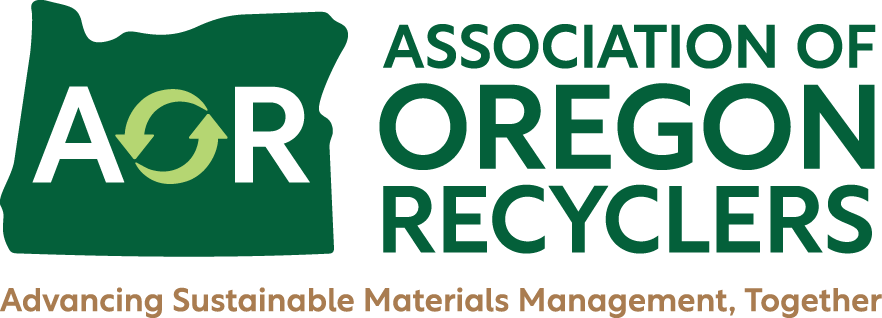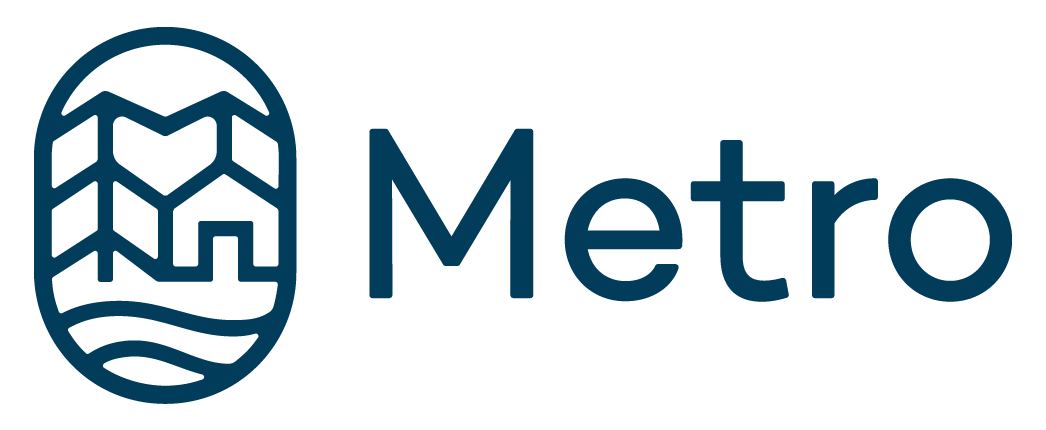Webinars
Webinar: POWERING UP FOR BATTERY EPR
Single-use and rechargeable batteries power many products in our lives, including phones, toys, and tools. Global efforts to stabilize our climate have resulted in an increase in the use of electric bikes, scooters, and vehicles — and the batteries that power them. Because of their ability to run longer between charges, relative light weight, and adaptability, lithium-ion batteries, in particular, are proliferating.
Webinar: LEGISLATORS CHANGING THE GAME ON PACKAGING EPR
Packaging continues to dominate the Extended Producer Responsibility (EPR) legislative field. In 2022 alone, 16 states – including New York – introduced packaging EPR legislation and game-changing packaging laws were enacted in California and Colorado. This continues the momentum from the previous year, when the first two laws were enacted in Maine and Oregon.
NextCycle - A Model for Recycling Market Development Webinar
NERC, in partnership with RRS and NextCycle, will be hosting a webinar on August 10, 2 eastern, about the NextCycle model for recycling market development. The webinar will focus on Michigan and include presenters from the public and private sectors. Register here.
Presentations will include:
Modernizing Oregon E-Cycles Stakeholder Workshops
The Oregon Department of Environmental Quality seeks to engage with stakeholders to identify and analyze options for modernizing Oregon’s E-Cycles Program through legislation to be introduced in 2023. DEQ invites interested parties to join in two virtual stakeholder workshops to help modernize Oregon’s E-cycles program.
Modernizing Oregon E-Cycles Stakeholder Workshops
The Oregon Department of Environmental Quality seeks to engage with stakeholders to identify and analyze options for modernizing Oregon’s E-Cycles Program through legislation to be introduced in 2023. DEQ invites interested parties to join in two virtual stakeholder workshops to help modernize Oregon’s E-cycles program.
Development of Battery Collection Best Practices and Labeling Feedback
EPA is hosting virtual feedback sessions to provide input on new Bipartisan Infrastructure Law initiatives about end-of-life battery collection and labeling. On June 30th from 12:00 p.m.–1:30 p.m.
The Nuts & Bolts to Starting a Glass Recycling Program in a Rural Area
The webinar will feature two rural regional areas in Maine that each decided to begin a new glass collection program.
Free NRC Legislative Committee Webinar on Key Topics for EPR for Packaging Legislation
The idea of holding producers accountable for the packaging that they use is being recognized as a way that state and local governments can reduce packaging waste and increase recovery for reuse or recycling without burdening local governments with the cost of managing theses recovery programs.
Avoiding Contamination in Food Waste Feedstock for Composting
The usefulness and value of finished compost depends on a feedstock that is free of contaminants, such as plastic and non-degradable service ware and bags. Unfortunately, it is all too common to find these materials in food waste destined for composting. This webinar, jointly hosted by NERC and NEWMOA, will address successful educational strategies and programs to avoid these contaminants.
Presenters:


